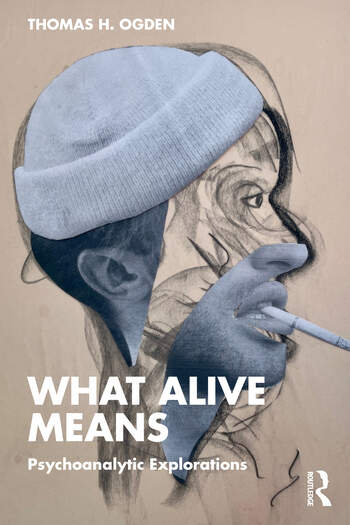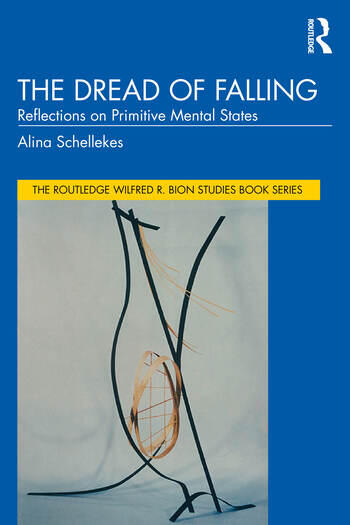The Political Clinic: Psychoanalysis and Social Change in the Twentieth Century

Book Details
- Publisher : Columbia University Press
- Published : July 2024
- Cover : Paperback
- Pages : 360
- Category :
Psychoanalysis - Catalogue No : 97720
- ISBN 13 : 9780231214957
- ISBN 10 : 0231214952
There are currently no reviews
Be the first to review
For decades, psychoanalysis has provided essential concepts and methodologies for critical theory and the humanities and social sciences. But it is also, inseparably, a clinical practice and technique for treatment. In what ways is clinical practice significant for critical thought? What conceptual resources does the clinic hold for us today?
Carolyn Laubender examines cases from Britain and its former colonies to show that clinical psychoanalytic practice constitutes a productive site for novel political thought, theorization, and action. She delves into the clinical work of some of the British Psychoanalytic Society’s most influential practitioners-including Anna Freud, Melanie Klein, Wulf Sachs, D. W. Winnicott, Thomas Main, and John Bowlby-exploring how they developed distinctive and politically salient practices. Laubender argues that these figures transformed the clinic into a laboratory for reimagining race, gender, sexuality, childhood, nation, and democracy. By taking up the clinic as both a site of inquiry and realm of theoretical innovation, she traces how political concepts such as authority, reparation, colonialism, decolonization, communalism, and security at once informed and were reformed by each analyst’s work.
While psychoanalytic scholarship has typically focused on its intellectual, social, and political effects outside of the clinic, this interdisciplinary book combines history with feminist and decolonial social theory to recast the clinic as a necessarily politicized space. Challenging common assumptions that psychoanalytic practice is or should be neutral, apolitical, and objective, The Political Clinic also considers what progressive clinical praxis can offer today.
Reviews and Endorsements
Laubender’s fiercely argued book rewrites everything we knew about the politicality of the psychoanalytic clinic. Seething with ironies and illuminations—there is no clinical gesture (defenses, reparation, secure attachment) that is not embedded in its Cold War and decolonial histories, its geopolitical imaginaries. It’s where psychoanalysis must struggle to go.
Matt Ffytche, coeditor of Psychoanalysis in the Age of Totalitarianism
Revisiting previous historical experiments, Laubender gives us a searing perspective on our much-troubled present. Generous, deft reinterpretations of classic cases by legendary British psychoanalysts—including an ingenious take on Winnicott resituated in Windrush-era racial conflict—are framed by a brilliantly incisive assessment of the perilous politics currently roiling the wider therapeutic scene.
Dagmar Herzog, author of Cold War Freud and The Question of Unworthy Life
Laubender’s intervention into the clinical turn shows how political theories emerge in psychoanalytic praxis through the transferential and counter-transferential relation. Reading analysts in their clinics, she sheds light on the politics and situatedness of psychoanalysis, as well as its class, race, and national specificity.
Ranjana Khanna, author of Dark Continents: Psychoanalysis and Colonialism
Table of Contents
Acknowledgments
Introduction: On Neutrality and Other Clinical Fictions
Part I - Democracy’s Children
1. On Good Authority: Anna Freud, Child Analysis, and the Politics of Authority
2. Beyond Repair: War, Reparation, and Justice in Melanie Klein’s Clinic
Part II - Empires of Mind: On Colonialism and Decolonization
3. Traveling Analysis: Wulf Sachs, Racial Justice, and the (De)colonial Clinic in South Africa
4. Dreaming of “Black Mummy”: Race, Gender, Decolonization, and D. W. Winnicott
Part III - From the Couch to the Iron Curtain: Psychoanalysis During the Cold War
5. The Communal Clinic: Therapeutic Communities, Heteronormativity, and the Cold War
6. Communists, Astronauts, and “Extreme Feminists”: John Bowlby and the Pursuit of (National) Security
Epilogue: Here, There, and Everywhere—Now
Notes
Bibliography
Index
About the Author(s)
Carolyn Laubender is an associate professor in the Department of Psychosocial and Psychoanalytic Studies and the founding codirector of the MA in Gender and Sexuality Studies at the University of Essex.
Customer Reviews
Our customers have not yet reviewed this title. Be the first add your own review for this title.
You may also like
Night Vision: Wilfred Bion's Epistemological Poetics and the Experience of the...
Dominic Angeloch
Price £26.09
save £2.90
Classic Karnac Bookmarks - Complete Set
Price £10.00
The Dread of Falling: Reflections on Primitive Mental States
Alina Schellekes
Price £29.69
save £3.30







